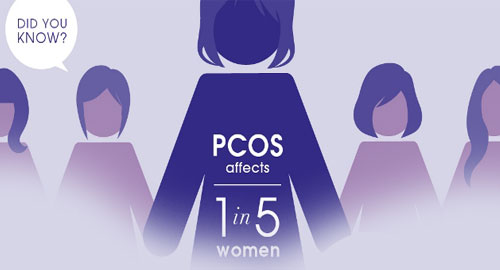The cause of PCOS is not known, but sometimes runs in families. The symptoms are related to abnormal hormone production (hence the term hormone imbalance). The diagnosis is made following typical symptoms, hormone tests and ultrasound imaging of the ovaries.
Read more ..... Advances in communication technology have revolutionized health care delivery. Physical consultations are no longer absolutely necessary for many conditions, being replaced by virtual consultations. Virtual care allows women take charge of their own health, anytime anywhere.
Read more ..... Angela and Michael watched with joy as their second child sucked its thumb and kicked up its toes. Their delight was however, tempered with some disappointment as they could not completely see their baby’s face.
Read more ..... What can we do to help women resist the threat and the temptation of induction and wait for labor to begin on its own? Involvement of patients and consideration of their preferences in the treatment decision has been demanded for care options with unclear outcomes. However, the management of pregnancy at and beyond term has been a topic of debate worldwide within the medical and mid-wifery community for many decades.
Read more ..... First-time father Paul Mwanjala (not his real name) dubs the birth of his baby girl last month “a miracle”. He and his wife had waited seven years before successfully conceiving their first child via in vitro fertilization (IVF).
Read more ..... 




